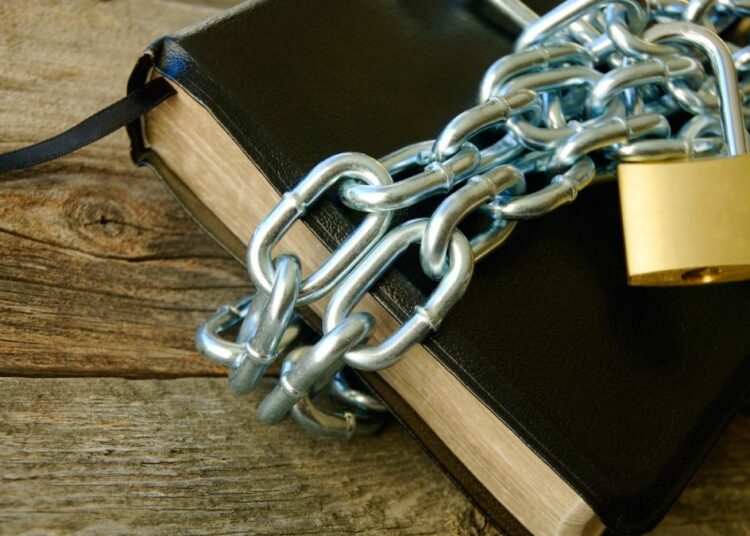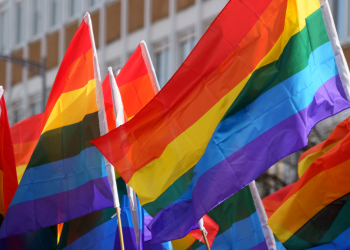President Trump on Tuesday signed a significant executive order aimed at the promotion of religious liberty internationally, and cementing the United States’ commitment to religious freedom in its foreign policy and aid dissemination.
The new order calls religious freedom “America’s first freedom,” and says it is a “moral and national security imperative,” one that is “not… a creation of the state, but… a gift of God to every person and a right that is fundamental for the flourishing of our society.”
Particularly of note is the order’s impact on the work of the United States Agency for International Development (USAID), which will receive an annual budget of at least $50 million “for programs that advance international religious freedom.” The order goes on to describe examples of these programs, such as:
… those intended to anticipate, prevent, and respond to attacks against individuals and groups on the basis of their religion, including programs designed to help ensure that such groups can persevere as distinct communities; to promote accountability for the perpetrators of such attacks; to ensure equal rights and legal protections for individuals and groups regardless of belief; to improve the safety and security of houses of worship and public spaces for all faiths; and to protect and preserve the cultural heritages of religious communities.
The significance of this is that under some previous Administrations, the work of USAID and foreign aid generally has often been used for exactly the opposite purpose. A famous example can be attested in the perennial debate over the so-called “Mexico City Policy,” a policy that prevents the distribution of US aid to service providers that counsel or provide abortions, and which is usually rescinded under Democratic White House administrations, only to be reinstated when a Republican attains the office. But more generally, USAID has often been troublesomely associated with the quashing of religious freedom in favor of things like “reproductive health” and “family planning,” foreign aid often being tied to provisos that those administering welfare programs in foreign countries counsel abortion services, provide contraception, implement “comprehensive sexual health education,” and pursue other progressive agenda items. Since, in many countries, religious congregations often provide a large share of health, education, and welfare services, this often put these groups in a crisis of conscience about the acceptance of USAID’s help.
Speaking to the New York Post, a senior Trump administration official explained that the order “fully integrates the president’s vision — a vigorous defense of International Religious Freedom rights for all — into key aspects of United States foreign policy.”
Apart from the relation to foreign aid administration, presumably this “integration of vision” is also reflected in new directives given to the U.S. State Department as well as the U.S. Treasury Department, both of which are encouraged to take robust action in responding to nations which match the “Country of particular concern” and “Special Watch List” designations defined in the Frank R. Wolf International Religious Freedom Act (Public Law 114-281). Examples of such actions mentioned in the act would include restricting the issuance of visas or even the imposition of sanctions upon nations that routinely violate religious freedom.
This order is a welcome development in United States’ foreign policy regarding the freedom of religion, and it is hoped that, as religious minorities around the world face increasing persecution every year, this renewed commitment will bear fruit in redressing and reversing that harm.




















Discussion about this post